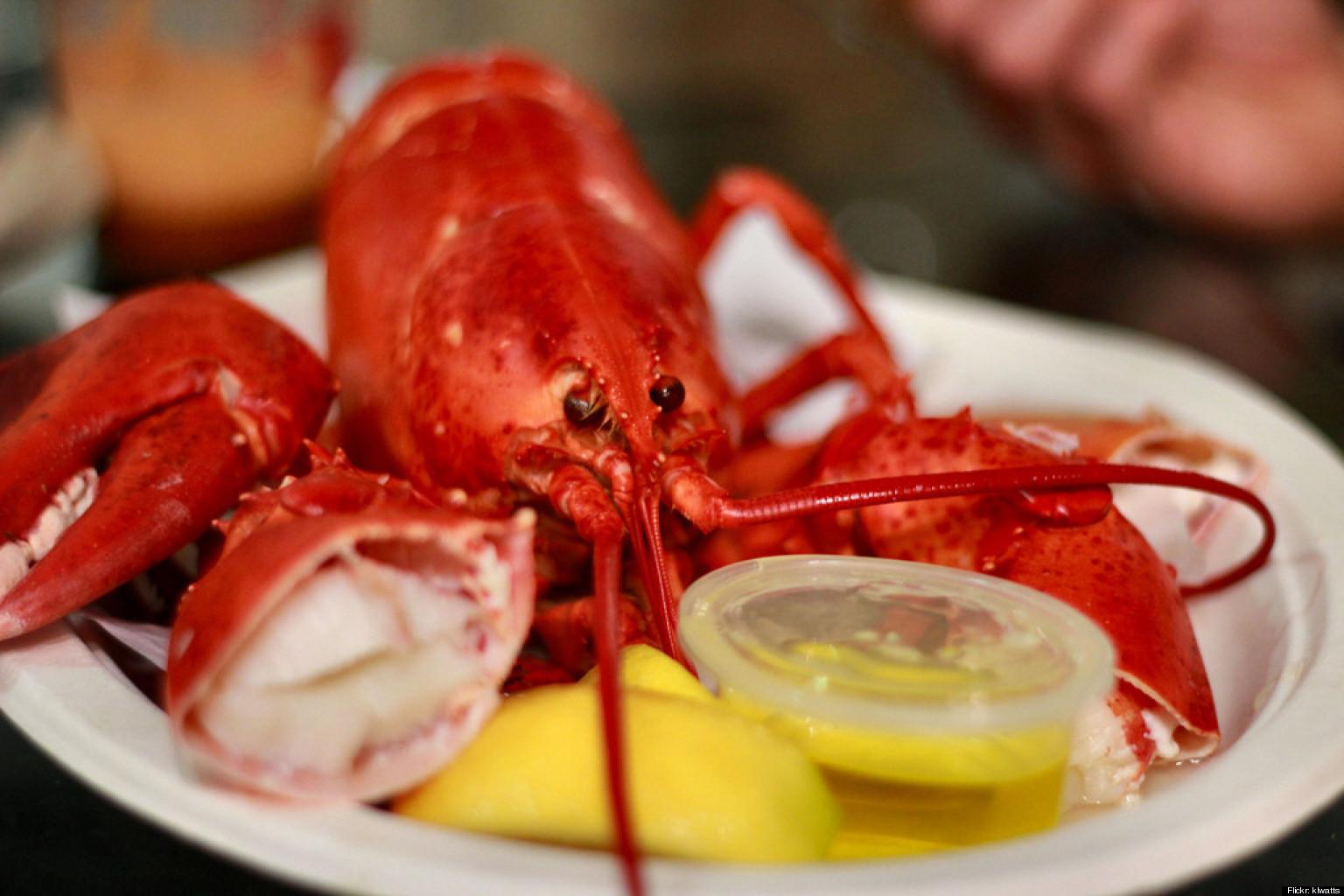BEIJING, April 5 (Xinhua) -- Xia Guangfeng, a businessman from Shanghai, still remembers the moment he made his first sale of American lobsters using an e-business platform.
"It was on December 27, 2012, and the buyer was from Bazhong city, Sichuan Province," Xia recalled.
"The order value was 292.5 yuan (42.39 U.S. dollars), and the delicate flavor of the lobsters won high praise from the customer," he said.
Over the last four years, Xia's aquatic products company has been selling American lobsters through several e-commerce platforms, with an annual turnover of more than one million yuan (145,182 dollars), while the daily sales of his physical stores have reached 1.5 million yuan (217,773 dollars).
In China, there is a large number of dealers who are engaged in American lobster businesses, just like Xia.
The Associated Press said in a recent report that in 2016, China imported more than 108 million dollars' worth of lobsters from the United States, surpassing the previous high of about 90.2 million dollars in 2014.
The market is growing so quickly, said Matt Jacobson, executive director of the Maine Lobster Marketing Collaborative. In 2016, China bought 40.9 million dollars' worth of lobsters from Maine, where most of America's lobsters are caught.
The Chinese market is growing at an annual rate of 30 percent to 50 percent, he said, adding that the big market is becoming more and more important to them.
Affordable prices, improved logistics and the rise of China's middle class are believed to be the main reasons for American lobsters' quick entry into the Chinese market.
A series of related industries in the two countries, such as fishing, transportation, distribution and e-commerce, are also showing increasing vitality.
Annie Tselikis, marketing manager at Maine Coast Company, told reporters that her company could ship live lobsters by air to Beijing and Shanghai within 20 to 40 hours.
The quality of the lobsters from Tselikis' company is evaluated in the customer feedback on some famous Chinese e-commerce platforms like Tmall or Taobao.
Imported lobsters can be delivered alive to the majority of Chinese customers, including those living in Xinjiang Uygur Autonomous Region, northwest China. Comments like "Very fresh" or "Good taste" can be seen quite often in the customer reviews on those lobsters.
Jeff Bennett, senior trade specialist with the Maine International Trade Center, told Xinhua that Maine has opened an office in Shanghai to go after more Chinese investment.
While explaining the reason Maine set up the investment office, Bennett said the lobster industry, as one of Maine's key industries, has created big job opportunities.
The Chinese market witnessed the rapid growth during the past five or six years, Bennett said, adding that he believed the Chinese market still has great growth potential.
Behind the growing export of American lobsters to China is the fact that China and the United States have shared interests and have high stakes in each other.
China-U.S. trade volume grew from 2.5 billion dollars in 1979 to about 519.6 billion dollars in 2016, surging 211 times within 38 years, according to statistics of China's Ministry of Commerce.
Bilateral service trade volume totalled over 100 billion dollars while mutual investment exceeded 170 billion dollars by the end of 2016.
The figures were reached against the backdrop of a global economic slowdown and sluggish international trade in general.
"Under such circumstances, China-U.S. trade has seen growth, rather than a fall, which shows great potential for the development of both countries' trade and economy," Li Wei, a researcher at the National Academy of Development and Strategy at Renmin University of China, told reporters.
"The potential originates from the highly complementary nature of the two countries' economic structures. China ought to become America's most important economic partner," Li said. "The United States needs to fully understand that the increasing consumption level of the Chinese will stimulate America's exports to China. American people will perceive tangible benefits from China's economic growth."
Sonny Beal, a fisherman of Beals Island off Maine's east coast, said that he was grateful for China.
China's increasing need has largely helped the local lobster industry, he said.
Gerry Cushman, a fisherman from Port Clyde, also said American lobsters have not only appeared as cuisine on Chinese people's dining tables, but have also become a sensation on the Internet, which is a surprise.




 A single purchase
A single purchase









